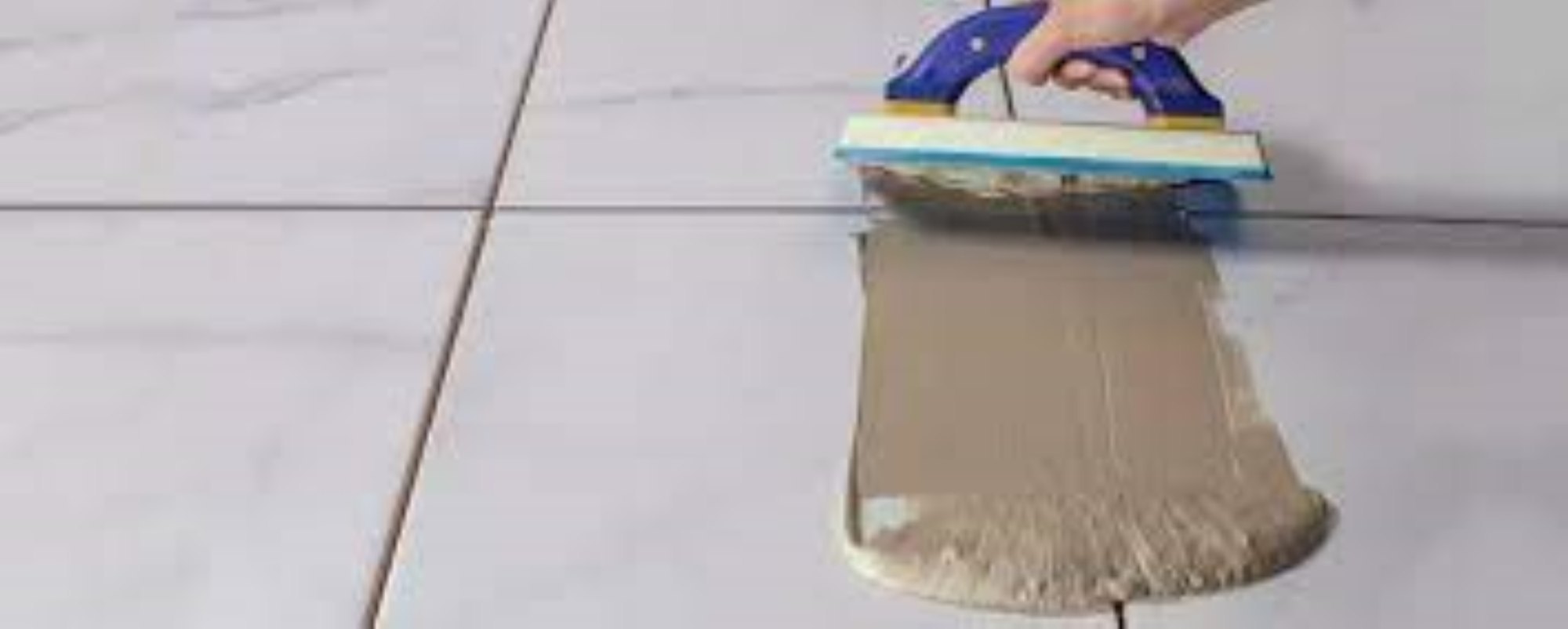When it comes to choosing between cement grout and epoxy grout for your tiling project, the decision can significantly impact the outcome of your efforts. Both options have their strengths and weaknesses, but understanding which one suits your needs best is crucial. Let’s explore the characteristics of each type to help you make an informed choice that aligns with your project requirements and long-term expectations.
Characteristics of Cement Grout
- Cement grout, a widely used material in construction projects, is a mixture of cement, water, and sand known for its durability and versatility in filling gaps and sealing joints. When considering the characteristics of cement grout, its durability stands out as a key advantage. Due to its composition, cement grout provides exceptional strength and longevity, making it a reliable choice for various applications. Whether used for tiling, masonry, or structural repairs, cement grout offers a cost-effective solution that can withstand the test of time.
- In terms of cost-effectiveness, cement grout proves to be a budget-friendly option for construction projects. Its ingredients are readily available and relatively inexpensive, making it an attractive choice for contractors and builders looking to stay within budget without compromising on quality. Additionally, the longevity of cement grout reduces the need for frequent repairs or replacements, further enhancing its cost-effectiveness over time. Overall, the durability and cost-effectiveness of cement grout make it a preferred choice for filling gaps and sealing joints in construction projects.
Benefits of Epoxy Grout
- When comparing different types of grout for construction projects, epoxy grout offers unique benefits that set it apart from traditional options. Epoxy grout is known for its exceptional resistance durability, making it a popular choice for areas prone to moisture and heavy foot traffic. Unlike cement grout, epoxy grout is highly resistant to stains, chemicals, and water, ensuring a long-lasting finish that requires minimal maintenance.
- One of the standout advantages of epoxy grout is its wide range of color options. This allows you to customize the look of your tiled surface to match your design preferences perfectly. Whether you prefer a classic white or a bold pop of color, epoxy grout provides the flexibility to achieve the aesthetic you desire.
- In addition to its resistance durability and color options, epoxy grout is also non-porous, preventing the growth of mold and mildew. This quality not only contributes to a cleaner environment but also prolongs the lifespan of your tiled surfaces.

Drawbacks of Cement Grout
- Considering the superior resistance durability and customization options of epoxy grout, it’s essential to recognize the shortcomings that cement grout presents in comparison. Cement grout is prone to consistency issues, which can result in an uneven application and a less polished final look. The mixing process of cement grout can be challenging, leading to variations in color and texture throughout the application.
- Additionally, cement grout is more susceptible to staining problems compared to epoxy grout. Its porous nature allows liquids and dirt to penetrate the grout, causing discoloration and making it difficult to maintain a clean appearance over time. Stains can be particularly stubborn to remove from cement grout, requiring more frequent and intensive cleaning efforts. These staining issues can detract from the overall aesthetic of the tiled surface and may necessitate more frequent regrouting to maintain a fresh look.
Application Considerations for Epoxy Grout
- To ensure a successful application of epoxy grout, meticulous preparation and precise mixing are paramount for achieving optimal results. Before starting, ensure that the surface is clean and free of any debris. Epoxy grout is ideal for areas requiring high chemical resistance, such as commercial kitchens or industrial spaces. When selecting your grout color, note that epoxy grout offers a wide range of options, allowing you to match or contrast with your tiles as desired.
- When mixing epoxy grout, follow the manufacturer’s instructions carefully. Typically, it involves combining the resin and hardener components to activate the chemical reaction that forms the durable grout. Work in small batches to prevent the grout from hardening before application. Use a rubber float to push the grout into the joints, ensuring full coverage.
- After application, clean excess grout from the tiles promptly using a damp sponge. Allow the grout to cure fully before exposing it to water. With proper application, epoxy grout can provide a long-lasting and aesthetically pleasing finish for your tiled surfaces.
Maintenance Variances Between Grout Types
- For a comprehensive understanding of grout maintenance, distinguishing between cement grout and epoxy grout is crucial in determining the specific care requirements for each type. When it comes to cleaning methods, cement grout is more porous compared to epoxy grout, making it susceptible to staining from spills and dirt. To clean cement grout, a mixture of water and a pH-neutral cleaner is typically recommended, as harsh chemicals can damage the grout over time. Regular scrubbing with a brush helps to prevent discoloration and maintain its appearance.
- On the other hand, epoxy grout is more resistant to stains and water infiltration due to its non-porous nature. Cleaning epoxy grout is usually easier and requires mild soap and water. The non-porous surface makes it less likely to harbor bacteria and mold, making it a hygienic choice for areas prone to moisture. Additionally, while cement grout typically requires regular sealing to prevent staining and water damage, epoxy grout generally doesn’t need sealing, saving time and effort in maintenance tasks.
Conclusion
In conclusion, when deciding between cement grout and epoxy grout, it’s important to consider the specific needs of your project. Cement grout offers durability and affordability, but can be prone to staining and cracking. On the other hand, epoxy grout provides a more resilient and stain-resistant option, although it can be more expensive. Ultimately, the best choice will depend on factors such as budget, maintenance preferences, and the desired longevity of the grout.